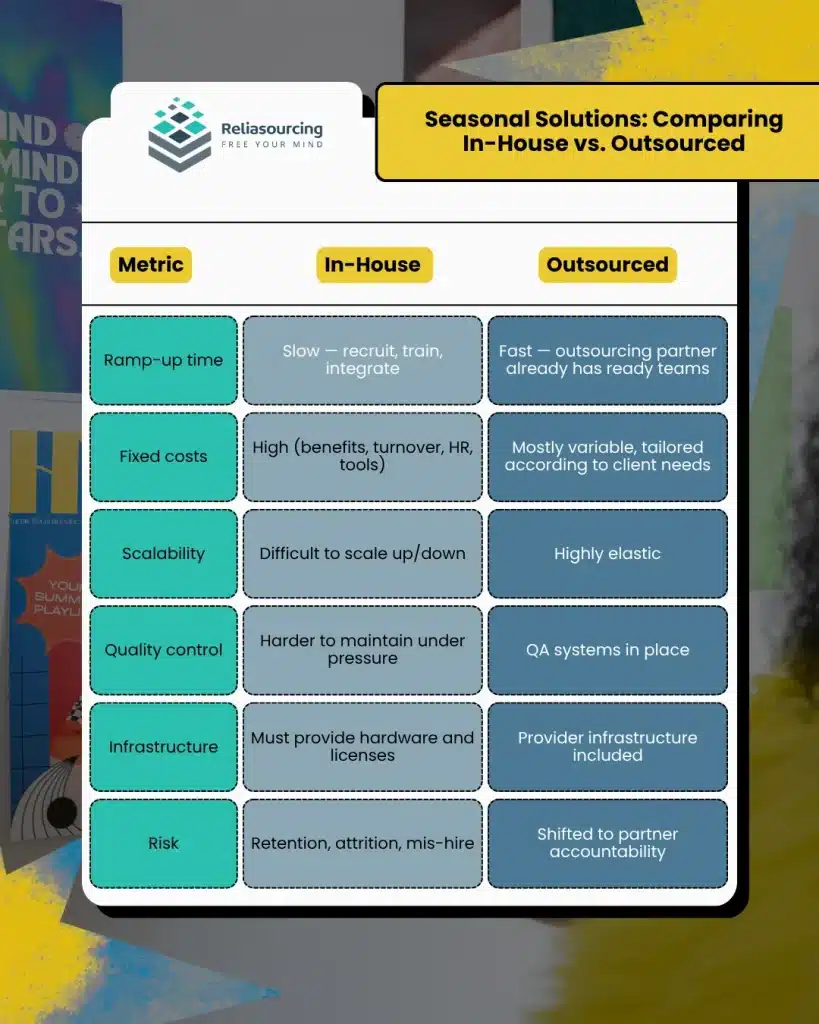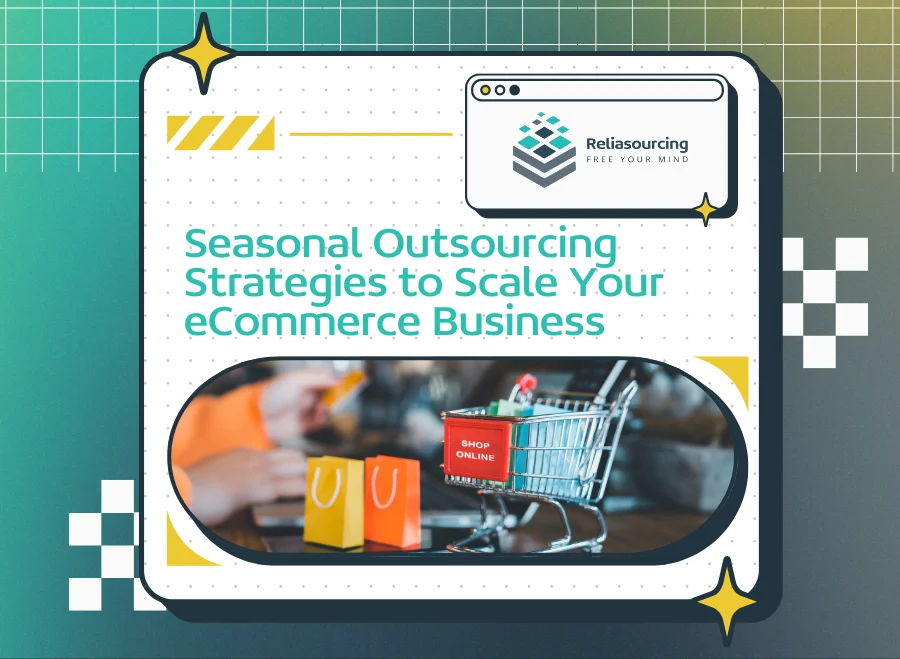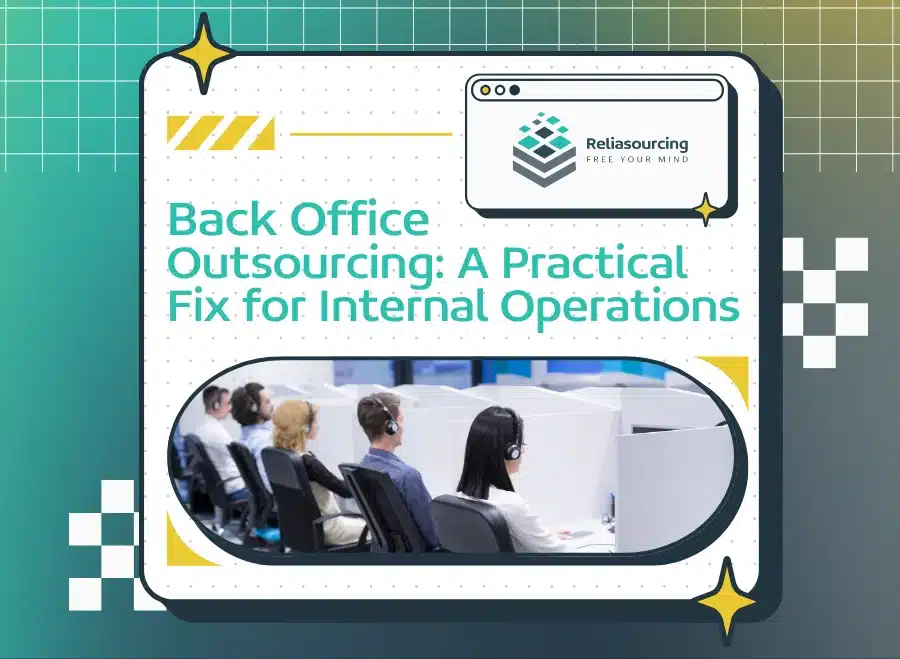Every holiday season, from Black Friday and Cyber Monday through the New Year, eCommerce brands face a familiar problem: revenue surges come hand-in-hand with operational stress. During these months, ticket volumes, order changes, returns, site outages, logistics errors, and workforce fatigue increase sharply. And internal teams, already stretched thin, struggle, so many brands respond by scrambling to hire temporary staff. But that reactive approach often just leads to poor service, high overhead, and burnout.
Seasonal outsourcing, however, offers a different path, one where you scale with agility, control costs, and protect brand reputation, rather than a stopgap tactic. Outsourcing in this sense becomes a strategy, a way to flex capacity, drive efficiency, and preserve quality, even while under pressure.
In this article, you’ll get:
- The key functional areas you can outsource during peaks
- A data-backed comparison of outsourcing vs. in-house seasonal hiring
- Answers to common questions (costs, quality, timing)
- Tips and best practices to mitigate risk, measure ROI, and streamline execution
Key Areas eCommerce and Online Retail Businesses Can Outsource During Peak Seasons

To get the maximum impact from seasonal outsourcing, you need to pick the right functions to outsource that scale unpredictably, yet don’t require full-time, deeply embedded knowledge. Below are the highest-leverage areas:
1. Customer Support (Voice, Chat, Email, Social)
Support volume often jumps during holiday seasons, so outsourcing partners can provide trained agents across channels who know your brand voice, manage tier-one issues, and escalate only when needed.
- Use a blended model. Bots or self-service handle low-touch, and human agents get the complex cases.
- Outsourcing gives you 24/7 or follow-the-sun coverage without keeping staff in every timezone.
2. Order Processing, Logistics & Fulfillment Support
While warehouse labor is often locally recruited, you can outsource back-office tasks such as order entry, tracking updates, courier communications, shipment corrections, and escalations, thereby supporting your internal operations team and preventing bottlenecks when volume surges.
3. Returns, Refunds & Fraud Checks
The holiday returns spike is real. In 2024, global returns in just the post-holiday window reached $122 billion, a 28% increase compared to the previous year. An outsourcing partner can dedicate staff to manage returns, quality checks, refunds, and fraud screening, relieving your core team from these spikes.
During these busy periods, many brands extend their support structure through business process outsourcing, ensuring that repetitive but essential tasks like refunds, data entry, and order adjustments are handled quickly without draining in-house capacity.
4. IT & Technical Support / Platform Ops
Site outages, broken APIs, and integration glitches are more likely under heavy use. Outsourced technical support and operations (e.g., monitoring, incident response, bug fixes) can help maintain uptime and ensure special promotions launch smoothly.
5. Data Entry, Analytics Preparation & Reporting
Tasks like order reconciliation, exception handling, data cleanup, or preparing dashboards can be offloaded since these “non-core but high-volume” tasks free your internal team to focus on strategy.
Case Example
During one proactive seasonal campaign, Reliasourcing scaled client ticket volume from ~622 to over 21,000 tickets in one month, maintaining a 92 %+ quality score and a Customer Satisfaction (CSAT) score 4.42.
Benefits of Seasonal Outsourcing vs. In-House Hiring
Some brands treat outsourcing as a temporary patch. But when positioned strategically, it delivers:
1. Faster Ramp-Up
A good outsourcing partner already has a pool of pre-trained agents who can begin taking tickets quickly. Thus, you avoid the weeks (or months) of recruiting, onboarding, and attrition associated with hiring seasonal staff.
2. Lower Overhead & Risk
In-house seasonal hiring carries hidden costs: recruiting, training, benefits, HR, workspace, software licensing, equipment, and termination.
With outsourcing, many of those costs are carried by the provider. You only pay for the season or campaign duration, making it a cost-efficient model that aligns directly with your sales cycles. Outsourcing is even seen to cut labor costs by up to 70%, especially for outsourcing hubs like the Philippines.
3. Flexibility & Scalability
You only pay for the extra capacity you use, not for idle staff. During slack periods, you scale down without incurring permanent costs, so the flexibility is especially valuable for smaller or mid-sized brands that can’t commit to full-year staff expansion.
4. Access to Global Talent & 24/7 Coverage
Outsourcing lets you tap multilingual, time-zone-distributed teams that can serve international customers at all times, improving your global reach and responsiveness.
The accessibility improves customer satisfaction and retention metrics simultaneously, as faster response times and consistent support build stronger loyalty.
5. Elevated Customer Experience
Because outsourcing partners specialize in scaling under heavy load, they often bring best practices, tech, and quality assurance systems your in-house team may lack.
Seasonal Solutions: Comparing In-House vs. Outsourced

Unlike traditional seasonal employment models, outsourcing allows you to scale teams up or down instantly, without long-term contracts or post-holiday downsizing challenges. When comparing in-house vs. outsourcing, seasonal traditional hiring without a strong framework often leads to diluted service, frustrated customers, and inefficient capital.
Ultimately, understanding why companies outsource work helps clarify whether the move to outsource is taken for cost reduction, faster scalability, or enhanced customer satisfaction, which in-house seasonal hiring can rarely deliver.
Frequently Asked Questions
How does seasonal outsourcing reduce costs for an eCommerce business?
Seasonal outsourcing reduces costs for an eCommerce business by eliminating expenses tied to recruiting, training, benefits, and infrastructure. Outsourcing providers already have the workforce, tools, and processes integrated into their frameworks, so you avoid spending overhead while paying only for the services you need.
Which functions should be outsourced during peak retail periods?
The functions that should be outsourced during peak retail periods include the following:
- Customer support (voice, chat, social)
- Returns and refund processing
- Order and fulfillment support
- IT / technical operations & incident response
- Data cleanup, entry, and reporting tasks
These areas experience the highest surge in volume, yet have well-defined workflows that outsourcing teams can execute efficiently without disrupting your core operations.
Is outsourcing seasonal roles effective for SMEs, not just enterprise brands?
Yes. Outsourcing seasonal roles is effective for SMEs, not just enterprise brands, because it allows smaller eCommerce companies to scale without the financial burden of permanent hires. Many outsourcing providers like Reliasourcing offer SME ecommerce business outsourcing models with flexible team sizes, giving growing brands access to professional support, cost control, and global expertise without minimum headcount requirements.
How do I maintain customer service quality when outsourcing?
You maintain customer service quality when outsourcing by implementing the following safeguards:
- Define clear SLAs / KPIs: CSAT, AHT (average handling time), escalation rate, first response time
- Joint training and brand immersion before peak periods
- Regular QA checks and audits (listen to calls, review tickets)
- Tiered escalation paths: outsource tier-1, retain tier-2 in-house
- Transparent communication channels, daily touchpoints, dashboards
- Use the managing offshore teams frameworks to build trust and alignment
When should I start planning for holiday outsourcing?
You should start planning for holiday outsourcing 3 to 6 months in advance, ideally by July or August. Early planning gives you enough time to evaluate vendors, align on processes, conduct training, and test systems before the peak shopping season. Brands that plan ahead typically experience smoother onboarding and higher performance during Black Friday, Cyber Monday, and holiday rush periods.
How Reliasourcing Helps eCommerce Businesses Scale During Seasonal Peaks
When you decide to outsource seasonally, execution matters, and we know this, so our teams are trained on eCommerce-specific workflows, from cart, order, and return logic to marketplace SLAs, so the support you get is tailored to online retail realities, not just some generic contact center playbooks. Here’s how Reliasourcing brings value for eCommerce brands like yours:
Deep Domain Expertise in eCommerce & CX
Reliasourcing specializes in eCommerce customer service outsourcing, so our staff understands common workflows, cart and order systems, refunds logic, and channel-specific expectations.
Rapid Seasonal Staffing Deployment
We maintain an on-demand talent pool ready to scale, which cuts your ramp-up time dramatically and ensures you’re battle-tested before peak weeks. Because we maintain ready talent benches, we can stand up customer support and operations pods in days, not weeks, covering live chat, email, social, and order-management back office during peak windows.
Flexible & Compliant Models
We offer arrangements like Employer of Record support, allowing you to operate offshore staff without full entity setup for easier compliance. Depending on your company’s needs, you can engage for short-term peaks, ramp up in phases, or maintain year-round support.
Engagements can be short-term or phased, scale up or down in real time, and provide 24/7 follow-the-sun coverage so your busiest hours never go unsupported.
Quality Assurance & KPI Governance
We embed QA checks, transparent dashboards, continuous coaching, and joint governance to align with your brand standards. As your outsourced partner, our incentives are tied to hitting your SLAs.
If you’re ready to transform your next peak season into a controlled, scalable success, book a free consultation to prepare your eCommerce business for peak season success.
Conclusion: Seasonal Outsourcing as a Strategic Growth Driver
Seasonal outsourcing is seen as the smarter alternative to traditional seasonal hiring. While temporary staff often require time-consuming training and offer limited flexibility, outsourcing delivers ready-to-go expertise, consistent quality, and the ability to scale in sync with demand.
Partnering with a trusted provider allows eCommerce businesses to ramp up during peak periods without overspending or compromising service standards. The cost efficiency is clear: you pay only for what you need, when you need it. The scalability is seamless: teams can expand within days and contract after the rush. And the customer experience, often the deciding factor in repeat sales, remains consistently strong, powered by trained professionals who understand the nuances of digital retail.
Reliasourcing enables this balance through specialized eCommerce customer service outsourcing, flexible models, and proven performance metrics. The company helps brands turn their busiest season into their most profitable one.Ready to strengthen your operations before the next surge? Partner with a team that understands the rhythm of eCommerce. Book your consultation today through our contact form and let Reliasourcing help you scale with confidence.









